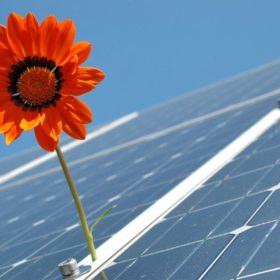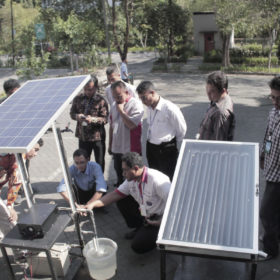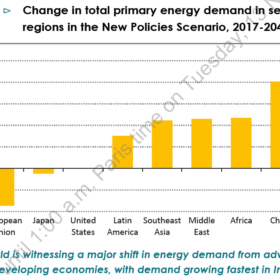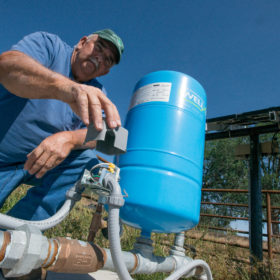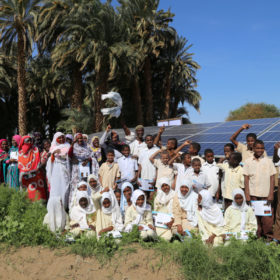India still nowhere near energy sufficiency
The government is trying to harness renewables to increase domestic output but will need a more liberal energy market and to consider the structure of procurement auctions, cloying red tape and the financial travails of state utilities if it is to achieve its goals, says Rakshika Kaul of Amp Energy India.
Study explores feasibility of North India’s renewables transition
The region could, by 2050, cut greenhouse gas emissions from power, heat, transport and desalination which are expected to add up to more than 825 metric tons of carbon dioxide equivalent this year. Such a transition could be perfectly possible, technically and financially.
The long read: Shedding some light on Indonesia’s offgrid growth
Indonesia’s Central Bureau of Statistics reported in 2018 that 2,281 villages across the nation lacked access to electricity. As a vast archipelago with more than 17,000 islands, Indonesia faces serious challenges when it comes to electrification, as inter-island connection remains prohibitively expensive. Two experts in the field, Ahmad Agus Setiawan and Chayun Budiono, share their knowledge.
India’s energy demand will more than double by 2040 – IEA
The world is witnessing a major shift in energy demand from advanced to developing economies, with demand growing fastest in India – according to the International Energy Agency’s (IEA’s) latest World Energy Overview.
Rural India a $50 billion market for clean energy innovations
The farming sector offers the largest green energy innovation opportunity, with rice transplanting, pesticide spraying and grain harvesting together having a market potential worth $40 billion – says the Council on Energy, Environment and Water.
United Nations backs solar powered irrigation
A new report published by the United Nations Food and Agriculture Organization outlines the benefits of solar powered irrigation systems to both large and small scale farming operations in developing countries. The report also stresses the need for comprehensive management and regulation of such systems, to avoid unsustainable water use.

